May 3 stands as one of history’s most eventful days, witnessing the rise and fall of empires, groundbreaking discoveries, and moments that shaped our modern world across centuries of human achievement.
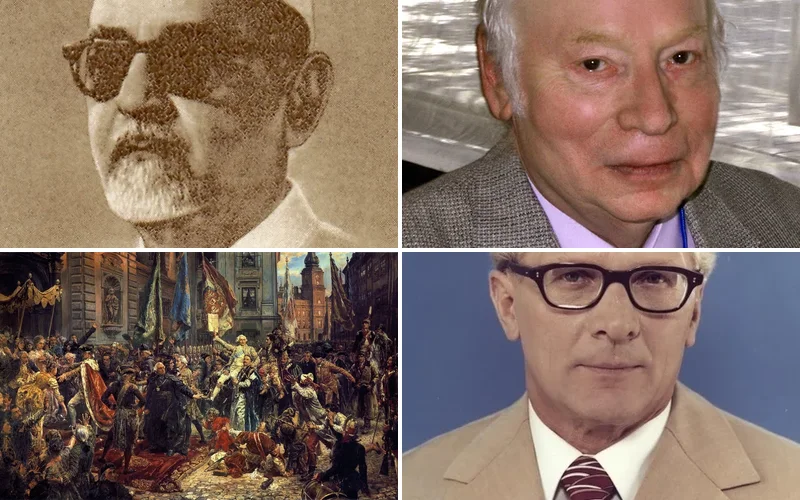
Politics and Government Events on May 3
1921 – Ireland Partitioned Under Government of Ireland Act
The British Parliament legally divided Ireland into Northern Ireland and Southern Ireland through the Government of Ireland Act 1920. This momentous legislation fundamentally altered the political landscape of the island nation.
The partition created lasting divisions that would define Irish politics for generations. Northern Ireland remained part of the United Kingdom while Southern Ireland eventually became the Irish Free State.
1947 – New Japanese Constitution Takes Effect

Japan’s post-war constitution officially came into force, establishing the country as a pacifist democracy. The new document renounced war as a sovereign right and transformed Japan’s political system.
This constitutional revolution marked Japan’s transition from militaristic empire to peaceful democracy. The document’s Article 9 became one of the most famous pacifist clauses in world history.
1979 – Margaret Thatcher Wins UK General Election
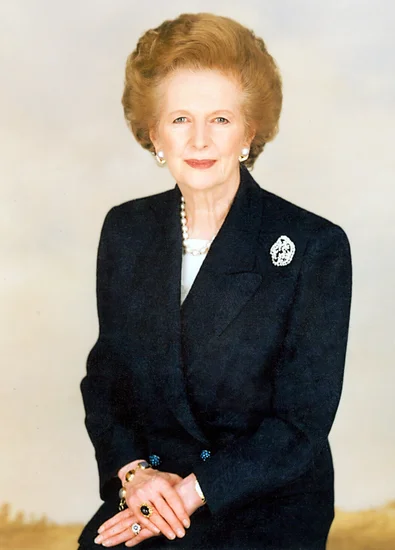
The Conservative Party secured victory in Britain’s general election, paving the way for Margaret Thatcher to become Prime Minister. This electoral triumph marked the beginning of a political revolution in British governance.
Thatcher’s victory ended Labour’s hold on power and ushered in an era of free-market economics. Her policies would fundamentally reshape British society and politics for decades to come.
1971 – Erich Honecker Becomes East German Leader
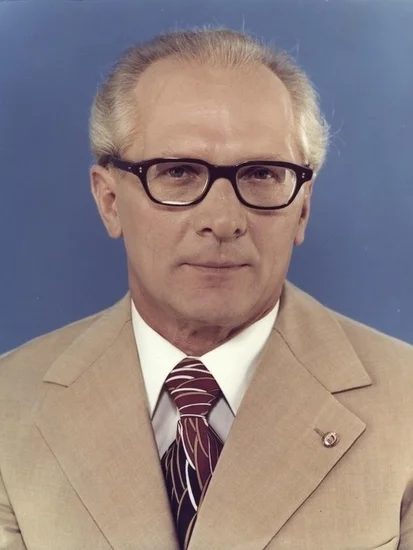
The Socialist Unity Party of Germany appointed Erich Honecker as First Secretary, consolidating his grip on power. His leadership would define East Germany’s final decades behind the Iron Curtain.
Honecker’s regime maintained strict communist control until the Berlin Wall’s fall in 1989. His authoritarian rule symbolized the divisions that split Germany throughout the Cold War era.
1920 – Bolshevik Coup Fails in Georgia
Communist forces attempted to overthrow the Democratic Republic of Georgia but met fierce resistance from local defenders. The failed coup temporarily preserved Georgian independence from Soviet control.
Georgian forces successfully repelled the Bolshevik insurgents, maintaining their nation’s brief period of autonomy. However, Soviet Russia would eventually conquer Georgia the following year through direct military intervention.
1951 – Senate Investigates MacArthur’s Dismissal
The United States Senate’s Armed Services and Foreign Relations committees began closed hearings into President Truman’s controversial firing of General Douglas MacArthur. These proceedings would examine the fundamental question of civilian control over military leadership.
The hearings reflected deep divisions over Korean War strategy and military authority. MacArthur’s dismissal had sparked nationwide debate about presidential power during wartime.
2001 – United States Loses UN Human Rights Commission Seat
America lost its position on the UN Human Rights Commission for the first time since the body’s creation in 1947. This diplomatic setback reflected growing international criticism of American foreign policy.
The defeat embarrassed the Bush administration and highlighted America’s declining influence in international organizations. Critics viewed this as consequences of unilateral American actions on the world stage.
1948 – Supreme Court Rules in Shelley v. Kraemer
The United States Supreme Court declared that racially restrictive housing covenants were legally unenforceable. This landmark decision struck down legal mechanisms that had maintained residential segregation across America.
The ruling represented a significant victory for civil rights advocates fighting housing discrimination. It established important precedents that would support future desegregation efforts throughout the nation.
Military and Naval History on May 3
1942 – Japanese Forces Invade Tulagi Island
Japanese naval troops launched Operation Mo by capturing Tulagi Island in the Solomon Islands. This strategic invasion set the stage for the pivotal Battle of the Coral Sea.
The operation represented Japan’s continued expansion across the Pacific theater. American and Australian forces would soon respond, leading to the first major naval battle fought entirely by aircraft carriers.
1945 – RAF Sinks German Prison Ships
Royal Air Force bombers attacked and sank three German ships in Lübeck Bay, unknowingly killing thousands of concentration camp prisoners aboard. The Cap Arcona, Thielbek, and Deutschland carried evacuated inmates from Nazi camps.
This tragic incident highlighted the chaos of war’s final days in Europe. The RAF pilots had no knowledge that the vessels transported prisoners rather than fleeing Nazi officials.
1928 – Jinan Incident Sparks International Crisis
Chinese forces killed twelve Japanese civilians in Jinan, China, triggering massive retaliation from Japanese troops. The incident escalated into widespread violence that claimed over 2,000 Chinese civilian lives.
This confrontation deepened Sino-Japanese tensions that would eventually lead to full-scale war. The Jinan Incident demonstrated the fragile nature of international relations in pre-war Asia.
1999 – Kargil War Begins
Pakistani soldiers infiltrated across the Line of Control into Indian territory, sparking the Kargil War. This high-altitude conflict would become one of the most significant military engagements between the nuclear-armed neighbors.
The infiltration caught Indian forces by surprise and led to intense mountain warfare. The conflict brought India and Pakistan dangerously close to nuclear confrontation.
Science and Discovery Milestones on May 3
1952 – First Aircraft Landing at North Pole
Lieutenant Colonels Joseph Fletcher and William Benedict successfully landed their aircraft at the North Pole, achieving a historic aviation milestone. This daring feat demonstrated American capabilities in extreme Arctic conditions.
The successful landing opened new possibilities for polar exploration and research. Their achievement proved that aircraft could operate in the world’s most challenging environments.
1978 – First Email Spam Sent
A Digital Equipment Corporation marketing representative sent the first unsolicited bulk commercial email to every ARPANET address on America’s west coast. This message marked the unwelcome birth of electronic spam.
The marketing email reached hundreds of computer users without their consent. This single action would eventually spawn an entire industry dedicated to combating unwanted electronic communications.
2000 – Geocaching Sport Begins
The modern treasure-hunting sport of geocaching officially started when enthusiasts placed the first cache and posted GPS coordinates on Usenet. This technological adventure combined satellite navigation with outdoor exploration.
Geocaching rapidly grew into a global phenomenon enjoyed by millions of participants. The sport demonstrated how GPS technology could create entirely new forms of recreational activity.
Cultural and Arts Events on May 3
1913 – Raja Harishchandra Launches Indian Cinema

The first full-length Indian feature film, Raja Harishchandra, premiered and launched the Indian film industry. This silent movie established the foundation for what would become the world’s largest film industry.
Director Dadasaheb Phalke’s pioneering work inspired countless filmmakers across the subcontinent. His creation sparked a cultural revolution that would produce thousands of films in dozens of languages.
1951 – Royal Festival Hall Opens
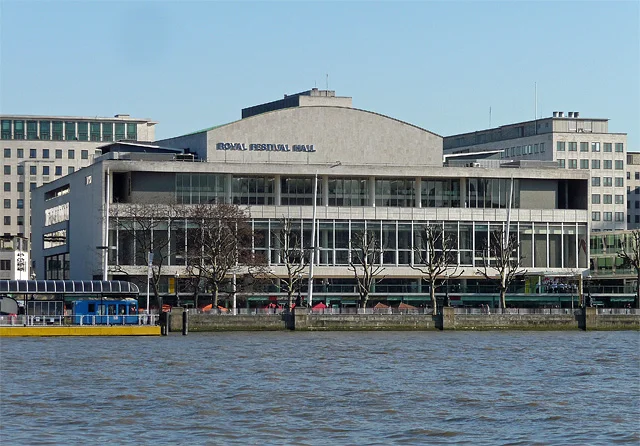
London’s Royal Festival Hall officially opened as part of the Festival of Britain celebrations. This modernist concert venue became a symbol of post-war British cultural renewal.
The hall’s opening marked Britain’s emergence from wartime austerity into a new era of artistic expression. Its distinctive architecture and acoustics would host legendary performances for decades to come.
1952 – Kentucky Derby First Televised Nationally
CBS broadcast the Kentucky Derby to television audiences across America for the first time. This historic telecast brought the “most exciting two minutes in sports” into millions of American homes.
The national broadcast transformed the Derby from a regional event into a national spectacle. Television coverage would eventually make horse racing accessible to audiences worldwide.
1957 – Brooklyn Dodgers Agree to Move West
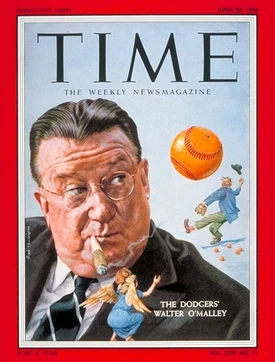
Team owner Walter O’Malley announced the Brooklyn Dodgers would relocate to Los Angeles, shocking baseball fans nationwide. This decision marked the beginning of Major League Baseball’s westward expansion.
The move devastated Brooklyn’s loyal fanbase but opened new markets for professional baseball. The Dodgers’ relocation paved the way for other teams to seek more profitable venues.
Religious and Social Events on May 3
1963 – Birmingham Campaign Turns Violent
Police in Birmingham, Alabama, unleashed violent force against civil rights protesters, creating shocking images that galvanized the movement. The brutal suppression was broadcast worldwide, exposing American racial injustice.
These disturbing scenes of police attacking peaceful demonstrators sparked international outrage. The violent response ultimately strengthened support for civil rights legislation across the nation.
1939 – All India Forward Bloc Formed
Netaji Subhas Chandra Bose established the All India Forward Bloc as a political organization within the Indian National Congress. This formation represented a more militant approach to Indian independence.
Bose’s organization advocated for immediate independence rather than gradual self-governance. The Forward Bloc would play a significant role in India’s struggle against British colonial rule.
2007 – Madeleine McCann Disappears

Three-year-old British girl Madeleine McCann vanished from a holiday resort in Praia da Luz, Portugal, sparking international attention. Her disappearance became the most heavily reported missing-person case in modern history.
The case generated unprecedented media coverage and public interest across multiple continents. Despite extensive investigations and global appeals, Madeleine’s fate remained unknown for years.
Business and Economic Events on May 3
1921 – West Virginia Enacts First Broad Sales Tax
West Virginia became the first American state to legislate a comprehensive sales tax, though implementation was delayed for years. This pioneering legislation established a new model for state revenue generation.
The sales tax concept would eventually spread to most American states as governments sought reliable funding sources. West Virginia’s innovation fundamentally changed how states finance public services.
1986 – Air Lanka Flight 512 Bombing
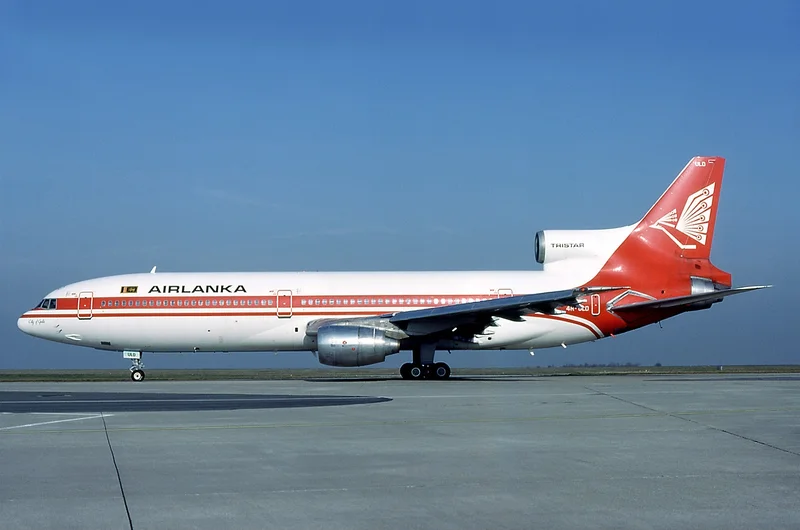
A bomb exploded aboard Air Lanka Flight 512 at Colombo airport, killing twenty-one people and injuring forty-one others. This terrorist attack devastated Sri Lanka’s aviation industry and tourism sector.
The bombing highlighted the vulnerability of civilian aircraft to terrorist threats. The attack had lasting economic consequences for Sri Lanka’s developing aviation infrastructure.
2016 – Fort McMurray Wildfire Evacuation
A massive wildfire forced the evacuation of 88,000 residents from Fort McMurray, Alberta, destroying approximately 2,400 homes and buildings. The disaster caused billions in economic losses to Canada’s oil industry.
The evacuation represented one of the largest wildfire-related displacements in Canadian history. The fire’s impact on oil production sent shockwaves through energy markets worldwide.
Transportation and Infrastructure on May 3
1952 – Pit River Bridge Rescue Photographed
Two men were dramatically rescued from a semitrailer that crashed over the Pit River Bridge before falling into the Sacramento River. Amateur photographer Virginia Schau captured the rescue, winning the Pulitzer Prize for Photography.
Schau became the first woman to win the Pulitzer Prize for Photography with her dramatic rescue image. Her photograph demonstrated the power of citizen journalism in documenting breaking news events.
1987 – NASCAR Implements Restrictor Plates
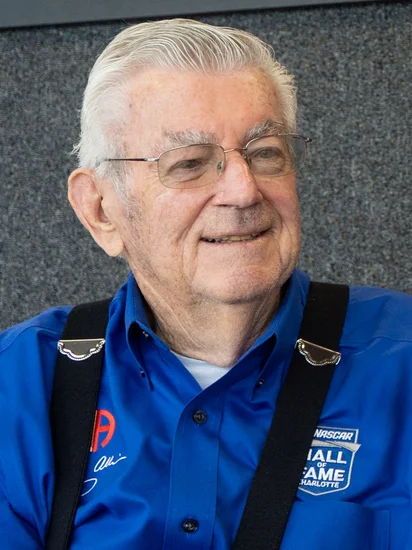
Bobby Allison’s crash at Talladega Superspeedway prompted NASCAR to develop restrictor plates for high-speed oval tracks. This safety innovation fundamentally changed the sport’s competitive dynamics.
The restrictor plates reduced engine power and speeds at Daytona and Talladega. This safety measure prevented cars from becoming airborne while maintaining competitive racing.
2021 – Mexico City Metro Collapse

An elevated section of Mexico City’s metro system collapsed, killing twenty-six people and injuring ninety-eight others. The disaster exposed serious infrastructure maintenance issues in the sprawling transit system.
The collapse raised questions about construction quality and government oversight of public transportation. The tragedy highlighted the challenges facing aging urban infrastructure in major cities.
Sports and Recreation on May 3
1999 – Record-Breaking Oklahoma Tornado
An F5 tornado devastated southwestern Oklahoma City, killing forty-five people and causing $1 billion in damage. The tornado recorded the highest wind speed ever measured at 484 kilometers per hour.
This tornado became one of sixty-six during the 1999 Oklahoma tornado outbreak. The term “May 3” became synonymous with extreme weather events in meteorological circles.
1987 – Talladega Superspeedway Safety Changes
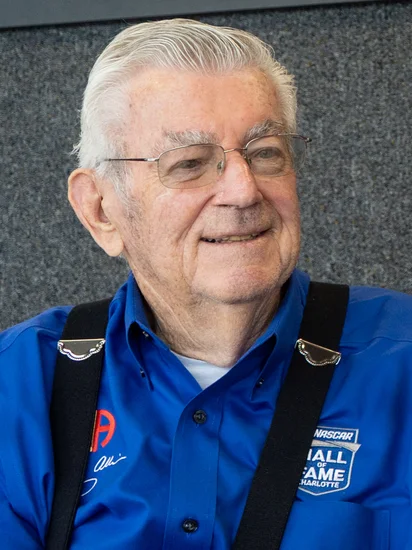
Bobby Allison’s spectacular crash at Talladega Superspeedway led NASCAR to implement restrictor plates for improved safety. The accident demonstrated the need for speed reduction at superspeedways.
Allison’s car went airborne and struck the catch fence, nearly entering the grandstand area. This near-catastrophe prompted immediate safety improvements that transformed NASCAR racing.
2006 – Armavia Flight 967 Crashes

Armavia Flight 967 crashed into the Black Sea near Sochi International Airport, killing all 113 people aboard. The disaster marked Armenia’s worst aviation accident in its history.
The crash occurred during a nighttime approach in poor weather conditions. The tragedy highlighted the challenges of aviation safety in mountainous regions with variable weather patterns.
Notable Births on May 3
1903 – Bing Crosby, American Singer and Actor
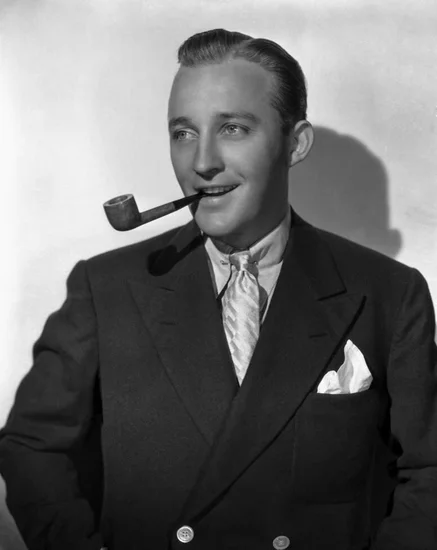
Harry Lillis “Bing” Crosby was born in Tacoma, Washington, destined to become one of America’s most beloved entertainers. His smooth crooning style would revolutionize popular music and establish new standards for vocal performance.
Crosby’s career spanned radio, recordings, and Hollywood films, making him one of the most successful multimedia stars of his era. His recording of “White Christmas” became the best-selling single of all time.
1933 – James Brown, American Singer and Performer

James Joseph Brown was born in Barnwell, South Carolina, and would become known as the “Godfather of Soul.” His electrifying performances and innovative musical style influenced generations of musicians across multiple genres.
Brown’s dynamic stage presence and rhythmic innovations helped create funk music and influenced hip-hop’s development. His cultural impact extended beyond music into civil rights activism and social consciousness.
1933 – Steven Weinberg, American Physicist
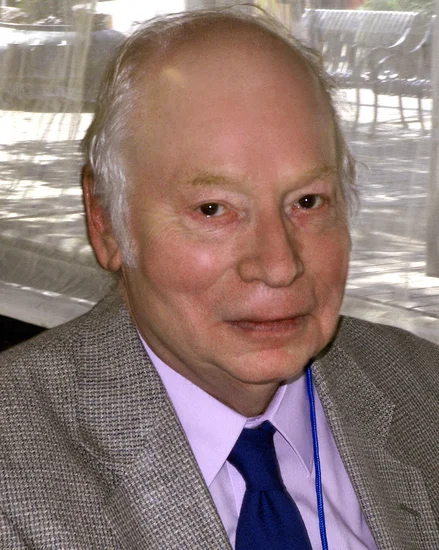
Steven Weinberg was born in New York City and would become one of the most influential theoretical physicists of the twentieth century. His groundbreaking work in particle physics earned him the Nobel Prize in Physics.
Weinberg’s contributions to the Standard Model of particle physics revolutionized our understanding of fundamental forces. His research helped explain the electromagnetic and weak nuclear forces through electroweak theory.
1919 – Pete Seeger, American Folk Singer and Activist
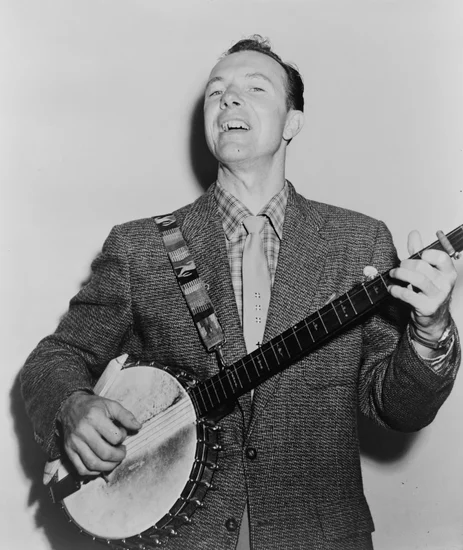
Peter Seeger was born in New York City and became America’s most influential folk singer and social activist. His music and political activism shaped American culture throughout the turbulent twentieth century.
Seeger’s songs like “Where Have All the Flowers Gone” became anthems for peace and social justice movements. His banjo playing and singing inspired countless musicians and activists worldwide.
1921 – Sugar Ray Robinson, American Boxer
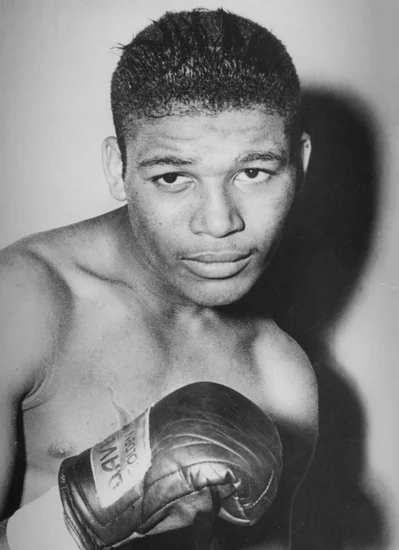
Walker Smith Jr., known professionally as Sugar Ray Robinson, was born in Ailey, Georgia. Many boxing experts consider him the greatest pound-for-pound fighter in boxing history.
Robinson’s exceptional skills and ring intelligence established new standards for boxing excellence. His career record and fighting style influenced generations of boxers across all weight divisions.
1975 – Christina Hendricks, American Actress

Christina Rene Hendricks was born in Knoxville, Tennessee, and would become one of television’s most celebrated actresses. Her breakout role as Joan Holloway in “Mad Men” earned critical acclaim and multiple award nominations.
Hendricks’ performances demonstrated remarkable range and depth in both dramatic and comedic roles. Her work helped establish the current golden age of television drama.
1990 – Brooks Koepka, American Golfer

Brooks Koepka was born in West Palm Beach, Florida, and developed into one of professional golf’s most dominant players. His major championship victories established him among the sport’s elite competitors.
Koepka’s powerful driving and clutch putting have earned him multiple major championships. His athletic approach to golf has influenced the modern game’s evolution toward greater physicality.
1996 – Domantas Sabonis, Lithuanian-American Basketball Player

Domantas Sabonis was born in Portland, Oregon, to basketball royalty as the son of Hall of Famer Arvydas Sabonis. His versatile skills and basketball intelligence made him one of the NBA’s most effective big men.
Sabonis’ passing ability and rebounding prowess have redefined the center position in modern basketball. His international experience representing Lithuania has enhanced his global basketball perspective.
Notable Deaths on May 3
1916 – Patrick Pearse, Irish Revolutionary Leader

Patrick Henry Pearse was executed by British forces for his leadership role in the Easter Rising. The Irish teacher and poet became a martyr for Irish independence and a symbol of nationalist resistance.
Pearse’s execution, along with other rebel leaders, transformed Irish public opinion against British rule. His death helped galvanize support for the independence movement that would eventually succeed.
1969 – Zakir Husain, Third President of India
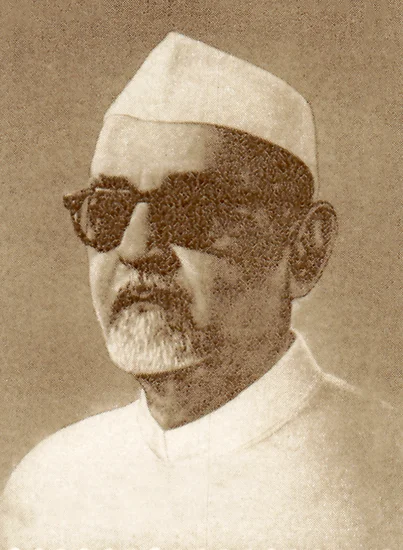
Dr. Zakir Husain died while serving as India’s third President, becoming the first Muslim to hold the nation’s highest office. His death marked the end of a distinguished career in education and public service.
Husain’s presidency symbolized India’s commitment to secular governance and religious tolerance. His educational reforms and academic leadership had shaped modern Indian higher education.
1987 – Dalida, International Singer and Performer

Iolanda Cristina Gigliotti, known professionally as Dalida, died in Paris at the height of her international career. The Italian-born singer had become one of Europe’s most successful recording artists.
Dalida’s multilingual performances and dramatic interpretations made her a global icon. Her tragic death shocked fans across Europe, Africa, and the Middle East where she had achieved legendary status.
2011 – Jackie Cooper, American Actor and Director
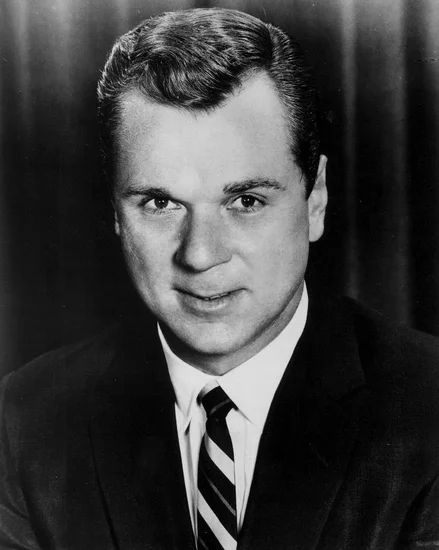
Jackie Cooper died in Santa Monica, California, ending a career that spanned eight decades in entertainment. The former child star had successfully transitioned to adult roles and television directing.
Cooper’s career began in the “Our Gang” comedy series and evolved into serious dramatic roles. His later work as a television director and executive helped shape modern American television.
2007 – Wally Schirra, American Astronaut
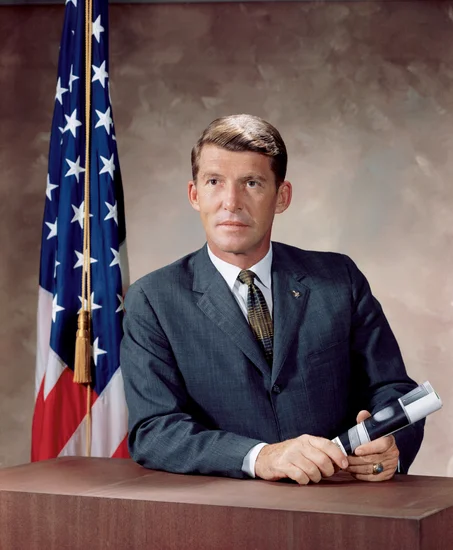
Walter Marty Schirra died in La Jolla, California, having been one of the original Mercury Seven astronauts. His space missions helped establish American capabilities in human spaceflight.
Schirra’s three space missions spanning Mercury, Gemini, and Apollo programs demonstrated remarkable versatility. His technical expertise and leadership contributed significantly to America’s space exploration success.
2014 – Gary Becker, American Economist
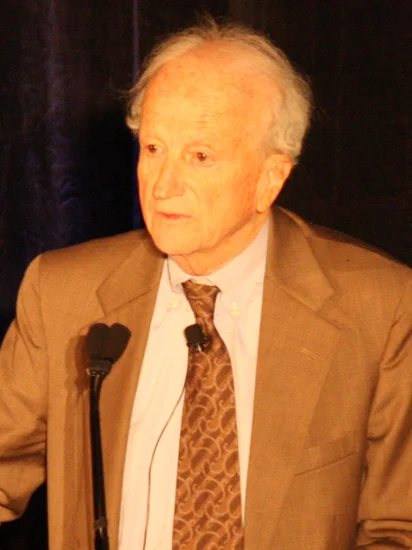
Gary Stanley Becker died in Chicago, Illinois, after revolutionizing economic theory through his interdisciplinary approach. His Nobel Prize-winning work applied economic analysis to human behavior and social issues.
Becker’s research examined crime, education, and family dynamics through economic principles. His innovative methodology influenced generations of economists and social scientists worldwide.
1991 – Jerzy Kosiński, Polish-American Author
Jerzy Kosiński died in New York City, leaving behind a controversial but influential literary legacy. His novels explored themes of identity, survival, and the immigrant experience in America.
Kosiński’s works like “The Painted Bird” and “Being There” challenged readers with their disturbing imagery and social commentary. His writing reflected the trauma of World War II and its lasting psychological effects.
Holidays and Observances on May 3
Constitution Day (Poland)
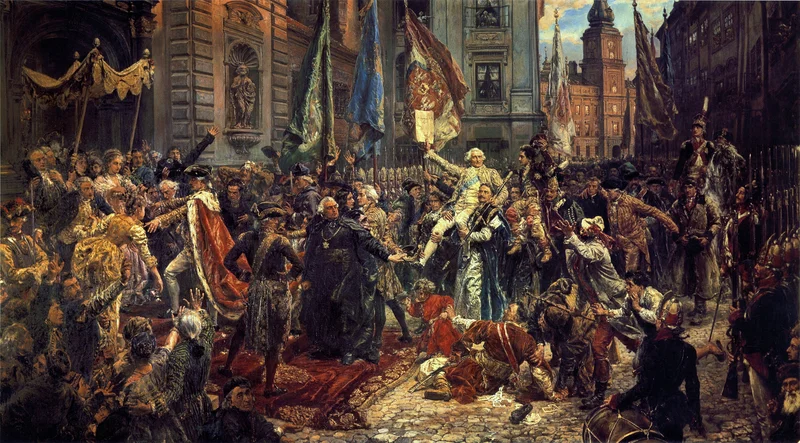
Poland celebrates Constitution Day on May 3, commemorating the adoption of the Constitution of May 3, 1791. This historic document established one of the world’s first modern democratic constitutions.
The Polish Constitution preceded the French Constitution and represented revolutionary democratic principles. Modern Poland honors this legacy of constitutional governance and democratic traditions.
Constitution Memorial Day (Japan)
Japan observes Constitution Memorial Day as part of Golden Week, celebrating the post-war constitution that took effect in 1947. This national holiday reflects on democratic values and peaceful governance.
The holiday commemorates Japan’s transformation from militaristic empire to peaceful democracy. Citizens use this day to reflect on constitutional rights and democratic responsibilities.
World Press Freedom Day

The United Nations designated May 3 as World Press Freedom Day to promote press freedom worldwide. This international observance highlights the importance of independent journalism and media freedom.
The day raises awareness about press freedom violations and honors journalists who risk their lives for truth. Media organizations worldwide use this occasion to advocate for press freedom and journalistic integrity.
International Sun Day
International Sun Day celebrates solar energy and raises awareness about renewable energy sources. This observance promotes understanding of solar power’s environmental and economic benefits.
The day encourages adoption of solar technology and sustainable energy practices. Environmental organizations use this opportunity to educate the public about climate change solutions.
